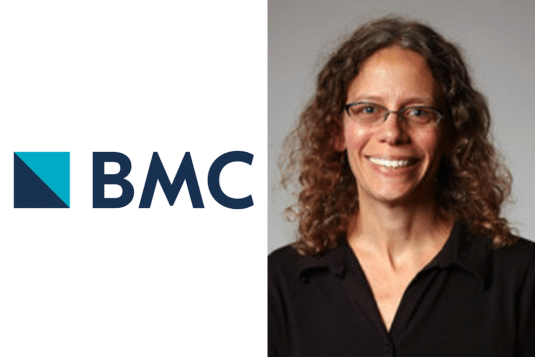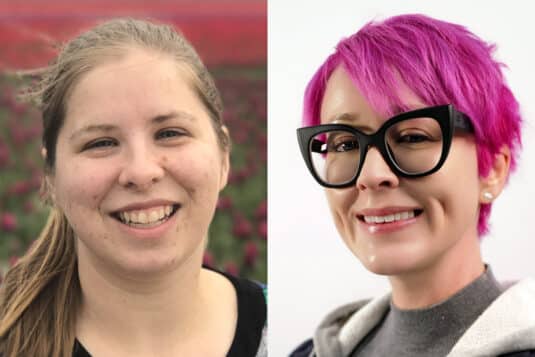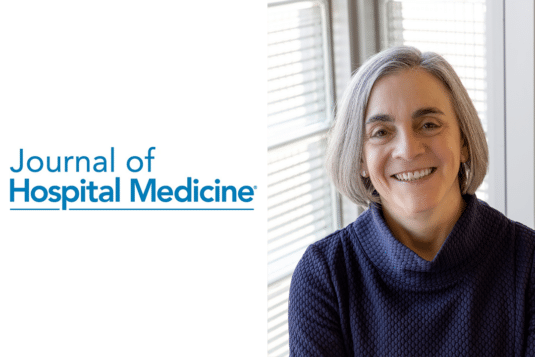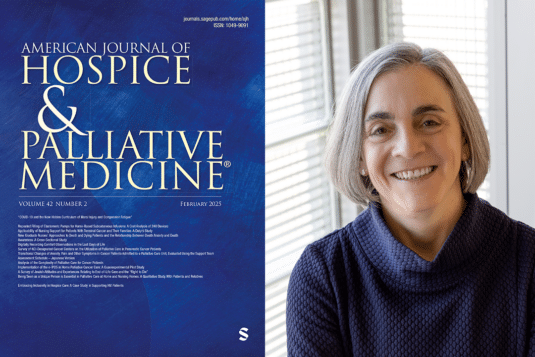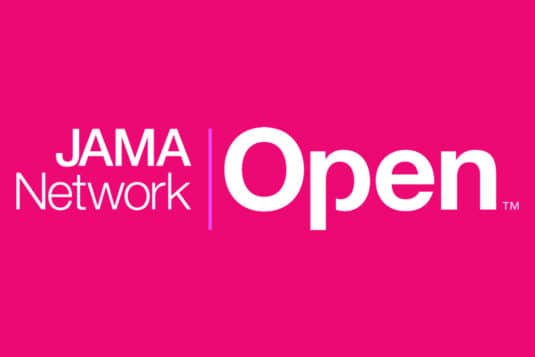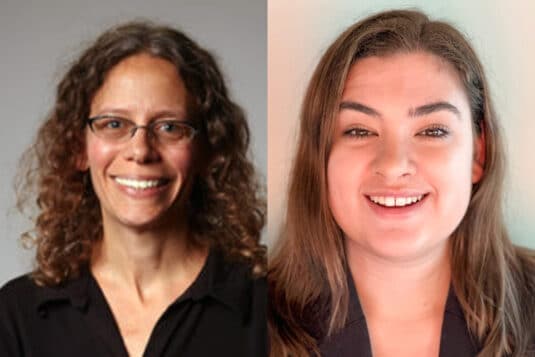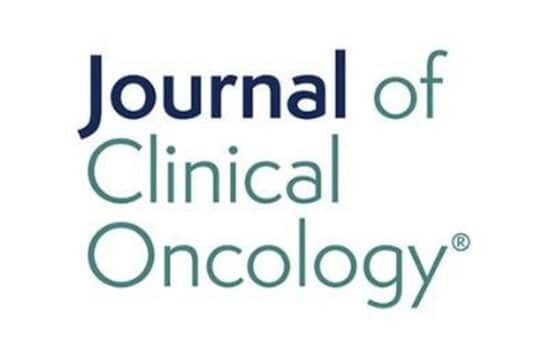As shared access uptake remains low, the Coalition for Care Partners, and three healthcare delivery organizations, co-designed an initiative promoting shared access to the patient portals of older adults.
Patient Experience
A Proof-of-Concept Study for Patient Use of Open Notes with Large Language Models
Can AI chatbots help patients make sense of their medical notes? This first-of-its-kind study published in JAMIA Open finds that with the right prompt, large language models may become powerful partners in understanding complex health information.
Patients and families reading their discharge summaries: A cross-sectional analysis of benefits, concerns, and implications
Rapidly spreading information transparency could transform how patients engage in care and communicate with clinicians. Patients and families report benefits from reading discharge summaries; however, over a quarter reported a concern.
Is Routine Discharge Enough? Needs and Perceptions Regarding Discharge and Readmission of Palliative Care Patients and Caregivers
This study investigated the hospital discharge process for palliative care patients and their caregivers, focusing on its patient-centeredness, discharge readiness, and links to readmissions.
Diagnosis in the Era of Digital Health and Artificial Intelligence: Proceedings of a Workshop—in Brief
How might AI, digital health technologies, and open notes transform diagnosis while addressing health disparities? Read highlights from the National Academies Forum on Advancing Diagnostic Excellence.
Guidelines for Patient-Centered Documentation in the Era of Open Notes: A Qualitative Study
This study by Vanka, et al, presents 10 guidelines for patient-centered medical documentation, emphasizing respect, clarity, and inclusivity in clinical notes. These principles aim to empower patients, improve trust, and enhance medical education on open notes practices.
Clinician and patient perspectives on the exchange of sensitive social determinants of health information
The findings of this study suggest that a multifaceted approach, taking both patients’ and clinicians’ concerns and preferences into account, is needed to improve the collection, documentation, and exchange of SDOH data to benefit both direct patient care and broader efforts at improving public health.
Study: Leveraging a patient portal to help patients formulate their healthcare goals
This study tested self-directed tools for older adults with chronic conditions to identify healthcare priorities. Website engagement was low, but 26% completed an Epic previsit questionnaire. Most found it helpful, and physicians noted it facilitated end-of-life care discussions.
Shared access to adults’ patient portals: A secret shopper exercise
Our secret shopper exercise unveiled noteworthy variability in the experiences of 18 individuals attempting to grant or receive shared access to the patient portal, highlighting multiple barriers and facilitators to shared access. The findings underscore the imperative for cross- and intra-organizational collaboration aimed at learning from the diverse experiences of patients, care partners, clinicians, and staff, and disseminating best practices.
Overcoming systemic barriers to make patient-partnered research a reality
This commentary explores the barriers posed by processes of consent, data exchange, and EHR interoperability that hinder how researchers honor patients’ desires to contribute to the advancement of cancer research. To grow a thriving research ecosystem, we should minimize participants’ burden and develop systems that demonstrate our commitment and respect for their wishes to contribute to cancer research.
